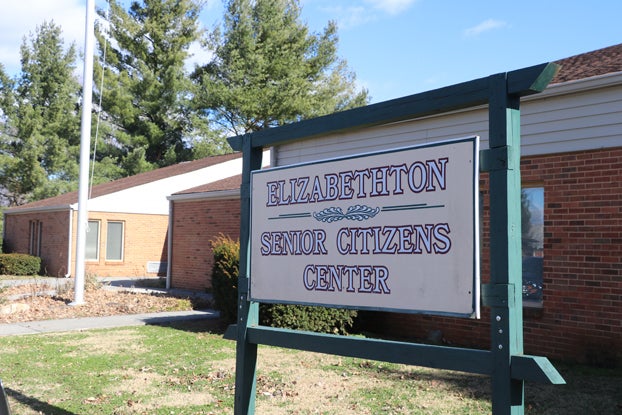Panel looks at committee appointment
Published 9:39 am Thursday, February 5, 2015
Members of the county’s rules and bylaws committee are researching the best possible way for the Carter County Commission to appoint members to the governing body’s standing committees.
The process currently used by the commission came under scrutiny this past year after an attorney with the Tennessee Office of Open Records Counsel said the process appeared to violate state law regarding open meetings.
After the August election, 14 new commissioners took seats on the body. Prior to the first meeting of the new commission, members received a letter from the former chairman, Tom “Yogi” Bowers, who did not seek re-election, directing the three representatives of each of the county’s eight districts to meet and decide among themselves who would serve on which committees. This method of selecting committee appointments was adopted by the commission in December 2002.
At the September meeting, the commission voted to approve the appointments as they had been decided among the district representatives outside of an open meeting.
After that meeting, the Elizabethton Star filed an inquiry with the state Office of Open Records Counsel seeking clarification on whether or not the process used by the commission to make the appointments violated state law that requires elected officials to conduct business in a public forum. In response to the inquiry, attorney Elisha Hodge with the Office of Open Records Counsel sent a letter to Carter County Mayor Leon Humphrey saying it appeared members of the County Commission may have violated state law in its handling of committee appointments.
“Based upon the language (of state law), it is the opinion of this office that in order for multiple members of a governing body to meet and deliberate towards or make decisions on public business, the meeting is required to be adequately noticed to the public, open to the public and have recorded minutes,” Hodge said.
After receiving the letter from Hodge, Humphrey met with County Attorney Joshua Hardin and it was determined a special called meeting would be held to revisit the committee appointment issue and correct any possible meeting violations.
At the called meeting, commissioners from each district were given an opportunity to address the full commission regarding their education, experience and any other qualifications and state their preference of committees.
After each of the three members of the district had an opportunity to speak, the district representatives discussed the appointments and voted on them publicly. During their opportunity to address the commission, many of the members brought up the discussions that had previously taken place among the commissioners; some stated conversations had taken place in Murfreesboro while several commissioners were attending a training seminar.
During it’s November meeting, members of the Rules and Bylaws committee addressed the issue of how committee appointments were made and whether any chances needed to be made to bring the commission bylaws on the matter in line with state law. A special team was appointed to research how other counties conduct committee appointments any guidance from the County Technical Assistance Service on the issue. The research team included committee Chairman Randall Jenkins and committee members Isaiah Grindstaff and Cody McQueen.
During Tuesday’s meeting of the committee, members of the team shared some information as well as some concerns with the full committee.
“I’ve personally looked at how Washington County handles this,” McQueen said. Based on his research, he said, the process used by Washington County seems to work well. He said he would gather additional information and bring it to the committee for review.
Ronnie Trivett, who was sitting in on the committee for an absent Beth Depew, said he felt the process should be changed.
“I don’t agree with the three getting together and deciding who is going to serve on all the committees,” he said, adding he believes the appointments should be decided by the full commission based on experience and qualifications.
Committee member Meehan disagreed. “If you do it that way then no one new will ever get to serve,” he told Trivett.
Allowing the three representatives of each district decide the appointments among themselves is legal if done openly, Meehan said. He said he favored that method to decide the appointments.
“The Sunshine Law has pushed out and grown stronger, and there is more public awareness of it now,” Meehan said.
Jenkins, Grindstaff and McQueen all expressed concerns with the Sunshine Law – state law which requires government meetings to be held in an open forum – and how it applies to their research team.
The team questioned whether or not the three of them could meet together to conduct their research without it being a violation of state law.
“I just think the Sunshine Law has been blown out of proportion,” Jenkins said.
As long as the team only worked together to research and did not “deliberate to a decision” any matter or policy, Grindstaff said he felt the group could meet without violating state law. To be safe though, Grindstaff said he believed the matter should be referred to County Attorney Joshua Hardin, who was not present at the meeting.
The members of the team said the would continue to research individually and bring any findings to the full committee.



